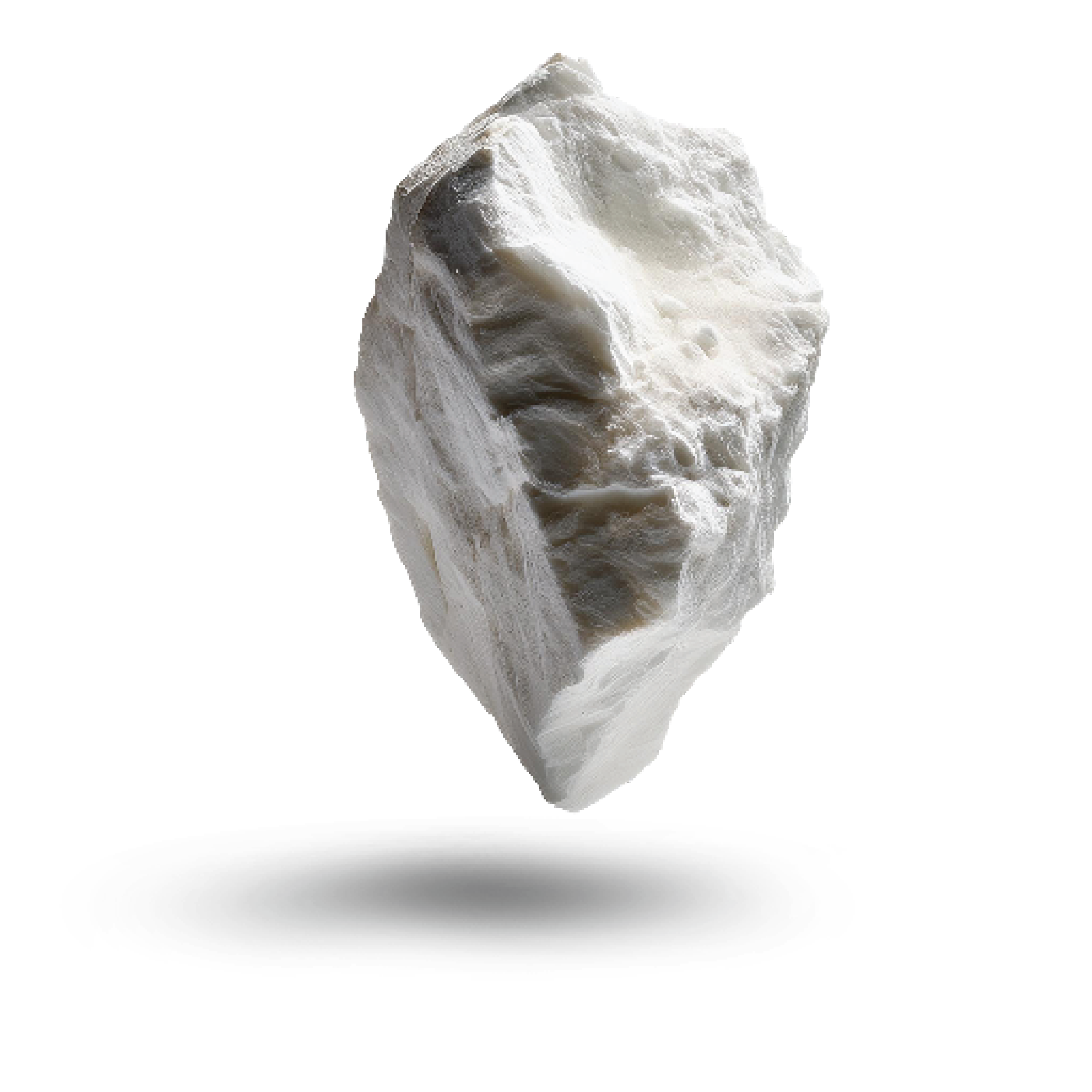Product
Polykaya
Plastic Composites
Polykaya is an innovative composite product that combines
polypropylene with various fillers such as talc and glass fiber, and
is in the development stage of natural fiber fillers from kenaf and
bamboo. With this approach, Polykaya presents a significant
solution to reduce the use of plastics while improving
sustainability in the manufacturing industry. Polykaya is
designed to utilize fillers in composites, which not only reduces
the amount of virgin polypropylene required but also improves
material properties such as strength, stiffness and durability. By
reducing reliance on virgin plastics, Polykaya helps to reduce the
consumption of fossil-based raw materials, ultimately lowering
the carbon footprint of the final product.
More than just a composite product, Polykaya is a
commitment to a more sustainable future. By incorporating
environmentally friendly fillers and reducing the use of plastics,
Polykaya plays a role in supporting a circular economy and reducing
the environmental impact of plastic production. Through continuous
innovation and development, Polykaya is a solution for industries
looking to achieve greater material efficiency and environmental
responsibility. Filler serves to enhance various material properties
without significantly changing the base formulation, so the use of filler
is used as a medium to reduce the plastic composition but adjust the
plastic composition.
Talc
Talc is a natural mineral known for its softness, thermal resistance,
and ability to improve stiffness and dimensional stability in polymers such as polypropylene (PP).
Talc has a plate-shaped structure that helps reduce shrinkage and deformation, increase heat resistance,
and improve the surface finish of PP. In the plastics industry, talc is highly valued for reinforcing PP,
especially in automotive and consumer goods applications, where rigidity,
dimensional stability and surface quality are critical.

| Abundant natural resource worldwide |
| Advantages in CO2 emissions |
| Economical and low volatility |
Glass Fiber
Calcium Carbonate (glass₃) is a commonly used
inorganic mineral in various industries due to its
low production cost, hardness, and stable
nature. glass₃ is available in a wide range of
particle sizes, from micron to nano, which allows
customization of the material as per application
needs. In HDPE (High-Density Polyethylene),
glass₃ is used as a filler to reduce production
costs, improve stiffness, dimensional stability,
opacity, and abrasion resistance. Applications
include packaging, pipes, film products, and
various consumer products, where durability and
production efficiency are of utmost importance.

| Abundant natural resource worldwide |
| Advantages in CO2 emissions |
| Economical and low volatility |
Natural Fiber
Natural Fibers are strong, flexible and
environmentally friendly organic materials, used
as reinforcement in composites to improve
mechanical and thermal properties, while
reducing carbon footprint. Composed of
cellulose, hemicellulose, and lignin, these fibers
offer high tensile strength and low density, ideal
for applications that require lightweight yet
tough materials. In polypropylene (PP), kenaf
and bamboo fibers improve stiffness,
dimensional stability, and sustainability, and
provide good thermal and acoustic insulation.
Key applications include automotive
components, building products, home
appliances and sustainable packaging.

Exceptional Strength and Flexibility
Sustainability
Enhanced Impact Resistance
Aesthetic –Appeal
| High Strength-to-Weight Ratio |
| Thermal and Acoustic Insulation |
| Improved Mechanical Properties |
| Biodegradability |
Our Product
| GRADE | TYPE | TDS | MSDS | ROHS | REQUEST | |
|---|---|---|---|---|---|---|
| PP + GF |
PK G210 | PP + GF 10% | TDS | MSDS | ROHS | LINK |
| PK G215 | PP + GF 15% | TDS | MSDS | ROHS | LINK | |
| PK G220 | PP + GF 20% | TDS | MSDS | ROHS | LINK | |
| PK G230 | PP + GF 30% | TDS | MSDS | ROHS | LINK | |
| PK G240 | PP + GF 40% | TDS | MSDS | ROHS | LINK | |
| PP (Homo) + TD |
PK T110 | PP + Talc 10% | TDS | MSDS | ROHS | LINK |
| PK T115 | PP + Talc 15% | TDS | MSDS | ROHS | LINK | |
| PK T120 | PP + Talc 20% | TDS | MSDS | ROHS | LINK | |
| PK T130 | PP + Talc 30% | TDS | MSDS | ROHS | LINK | |
| PK T140 | PP + Talc 40% | TDS | MSDS | ROHS | LINK | |
| PP (Copo) + TD |
PK T210 | PP + Talc 10% | TDS | MSDS | ROHS | LINK |
| PK T215 | PP + Talc 15% | TDS | MSDS | ROHS | LINK | |
| PK T220 | PP + Talc 20% | TDS | MSDS | ROHS | LINK | |
| PK T230 | PP + Talc 30% | TDS | MSDS | ROHS | LINK | |
| PK T240 | PP + Talc 40% | TDS | MSDS | ROHS | LINK | |
